The concept of “staģes” is essential in numerous fields, from human development and project management to learning processes and scientific advancements. This guide explores the different contexts in which staģes play a crucial role, providing a comprehensive understanding of their significance and application.
The Staģes of Human Development
Human development is a complex process that spans from infancy to adulthood. Understanding these stages helps recognize the physical, cognitive, and emotional changes that occur over time.
Infancy and Early Childhood
Rapid growth and development are observed during infancy and early childhood. This stage involves significant milestones, such as learning to walk, talk, and interact with the environment. Understanding these early stages is crucial for parents and educators to provide appropriate support and stimulation.
Adolescence
Adolescence is a transformative period characterized by physical, emotional, and social changes. This stage involves the development of identity and independence. Recognizing the challenges and opportunities during adolescence can help guide teenagers through this critical phase.
Adulthood and Aging
Adulthood encompasses many experiences, including career development, family life, and personal growth. As individuals age, they enter different stages of life, each with its own set of challenges and opportunities. Understanding these stages can aid in planning for the future and maintaining a high quality of life.
Staģes in Project Management
Dividing a project into distinct staģes is essential for effective planning, execution, and monitoring in project management.
Initiation
The initiation stage involves defining the project’s scope, objectives, and stakeholders. This is the phase where feasibility is assessed, and the project’s value is determined. Clear goals and objectives set the foundation for the subsequent stages.
Planning
Planning is a critical stage where detailed strategies and timelines are developed. This includes resource allocation, risk management, and establishing key performance indicators. A well-thought-out plan ensures that the project stays on track and within budget.
Execution and Monitoring
The project plan is put into action during the execution stage. Monitoring involves tracking progress, managing changes, and ensuring project objectives are met. Effective communication and regular updates are vital to keep stakeholders informed during this stage.
Closure
The closure stage marks the completion of the project. This involves finalizing all activities, delivering the project outcomes, and conducting a post-project review. Lessons learned during this stage can provide valuable insights for future projects.
Learning Staģes in Education
Educational theories often divide learning into different stages to comprehend how people learn new information and abilities.
Cognitive Development
Cognitive development staģes, as proposed by theorists like Piaget, describe how children’s thinking evolves. These stages include sensorimotor, preoperational, concrete operational, and formal operational. Understanding these stages helps educators design age-appropriate learning activities.
Skill Acquisition
Learning new skills involves progressing through several stages, from initial exposure to mastery. These stages include cognitive, associative, and autonomous phases. Recognizing these phases helps in creating effective training programs and instructional materials.
Emotional and Social Learning
Emotional and social learning involves developing self-awareness, empathy, and interpersonal skills. These staģes are crucial for overall personal development and are often integrated into educational curricula to foster holistic growth.
Staģes in Scientific Research
Scientific research progresses through stages that ensure systematic investigation and reliable results.
Hypothesis Formulation
The initial stage of scientific research involves formulating a theory derived from observations and known information. This hypothesis guides the direction of the study and defines the research questions.
Experimentation
Experimentation is the stage where hypotheses are tested through controlled experiments. This involves data collection, analysis, and interpretation. Rigorous methodologies ensure that the findings are valid and reliable.
Peer Review and Publication
After conducting experiments and obtaining results, researchers submit their findings for peer review. This stage involves scrutiny by other experts in the field to ensure the research’s validity and significance. Successful research is then published in scientific journals, contributing to the body of knowledge.
The Role of Staģes in Personal Growth
Personal growth and development are lifelong processes involving various stages.
Self-Discovery
The initial stage of personal growth often involves self-discovery, where individuals explore their values, strengths, and passions. This stage is crucial for setting personal goals and finding direction in life.
Skill Development
Skill development involves acquiring new competencies and refining existing ones. This stage is marked by continuous learning and improvement, often driven by personal and professional aspirations.
Achieving Balance
Achieving Balance is a stage where individuals strive to maintain harmony between different aspects of their lives, such as work, relationships, and personal well-being. This stage involves time management, setting priorities, and making informed choices.
FAQs about Staģes
What are the main stages of human development?
Why are staģes important in project management?
How do cognitive development staģes influence education?
What is the role of experimentation in scientific research staģes?
How can understanding personal growth staģes benefit individuals?
You May Also Read: Understanding Crucialidade: The Essence of Critical Importance

